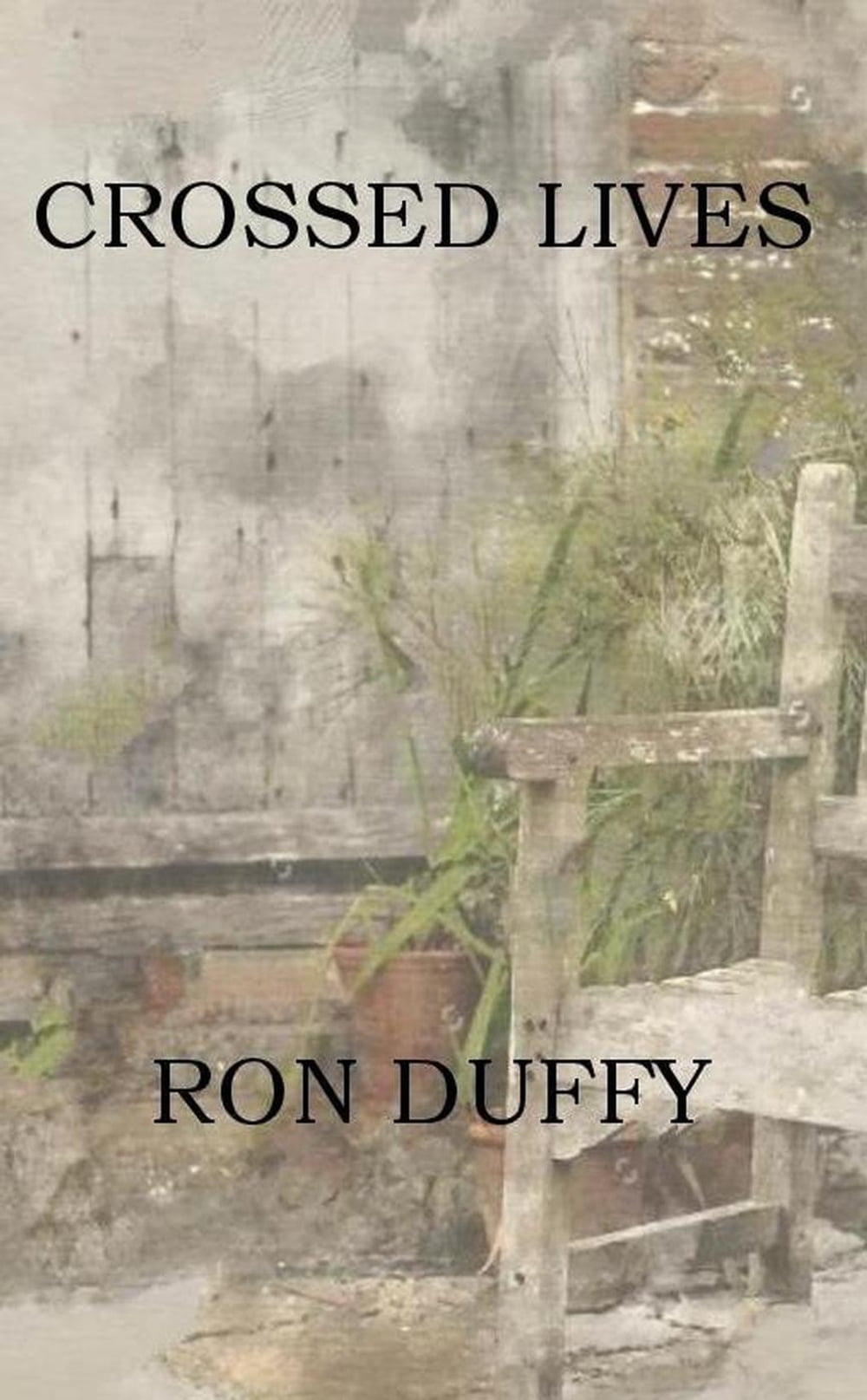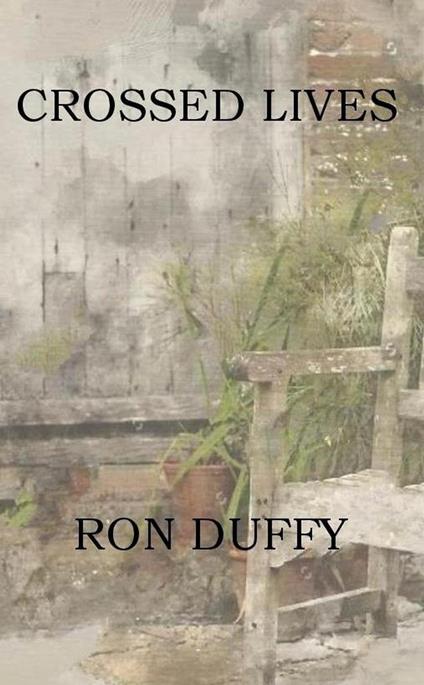Crossed Lives
CROSSED LIVES "My grandmother died of cancer on 25 March 2008, after a long and painful illness. You probably never heard of her. She lived in the shadow of her husband, the Ulster-born, British novelist, Paul Kirkpatrick. Him you would have heard of. Of that I am sure. Even if you never read any of his dull, moralistic books, novels that became so inexplicably popular, even if you never read any books at all, you must remember the media attention lavished on his infamous Last Will and Testament, made public after his suicide in 1988. Almost every penny he possessed—and he was a wealthy man— and every royalty payment still to come from his published books he left to Oxfam, Greenpeace and the Salvation Army in equal measure. To his wife, Estelle, he left only their house and its contents. No money to her, though she had plenty of her own. She neither needed nor wanted more. And not a penny for his only son, Wesley, who did want more. He wanted everything. Nothing for his granddaughter, Estella. Nothing for the second grandchild he knew his daughter-in-law Celia was carrying when he changed his original will. Yet he bequeathed five thousand pounds to a cleaning lady, who came to his house only a few times after he ordered his wife out of it. And what filled newspaper columns for several days, he bequeathed a complete set of the Oxford Illustrated Dickens to Prime Minister Margaret Thatcher. That you must remember. The tabloids feasted and slobbered over that one like hyenas on a dead antelope. I believe Mrs Thatcher, as she then was, sportingly accepted the set of books and donated it to the library in Nether Chiddington, the village in Buckinghamshire, where Paul Kirkpatrick had lived. Then there was the oft-repeated question: why did a world-famous novelist like Paul Kirkpatrick, still at the peak of his career, stop writing, hit the bottle, separate from his wife, and commit suicide? In an obituary in the New York Times, Aaron Goldblatt, that austere, Jewish-American critic of English literature, referred to this vexing question, with extravagant hyperbole, as 'one of the great mysteries of twentieth-century literature.' To his credit, Goldblatt wrote that before my father, Wesley Kirkpatrick, contested his father's will, and the story of Paul Kirkpatrick's last few months of life entered the public domain. It stirred up a ripe stew of controversy. What the media publicised with such brouhaha at the time was only part of the story. Now I can make the full story known and wait for another media feeding frenzy." So wrote Jane Kirkpatrick, the novelist's granddaughter, a PhD candidate at Queen's University in Belfast, in her introduction to a biography of a doomed man and a history of a doomed marriage. Like a good researcher, she assembled her sources—press cuttings, letters, Kirkpatrick's diary, his wife's notebook—and copied them onto her computer as she would the chapters of her PhD dissertation, ready to send to Kirkpatrick's former editor. In Crossed Lives you may read Jane's unedited compilation and watch the steady disintegration of a great novelist through drink, depression, and "conversations" he claimed to have had with a disembodied voice that called itself Lucifer. Crossed Lives was a nominee in the Whistler Independent Book Awards competition and received an Honorable Mention at the New York Book Festival, both in 2012.
-
Autore:
-
Anno edizione:2022
-
Editore:
-
Formato:
-
Lingua:Inglese
Formato:
Gli eBook venduti da Feltrinelli.it sono in formato ePub e possono essere protetti da Adobe DRM. In caso di download di un file protetto da DRM si otterrà un file in formato .acs, (Adobe Content Server Message), che dovrà essere aperto tramite Adobe Digital Editions e autorizzato tramite un account Adobe, prima di poter essere letto su pc o trasferito su dispositivi compatibili.
Cloud:
Gli eBook venduti da Feltrinelli.it sono sincronizzati automaticamente su tutti i client di lettura Kobo successivamente all’acquisto. Grazie al Cloud Kobo i progressi di lettura, le note, le evidenziazioni vengono salvati e sincronizzati automaticamente su tutti i dispositivi e le APP di lettura Kobo utilizzati per la lettura.
Clicca qui per sapere come scaricare gli ebook utilizzando un pc con sistema operativo Windows



